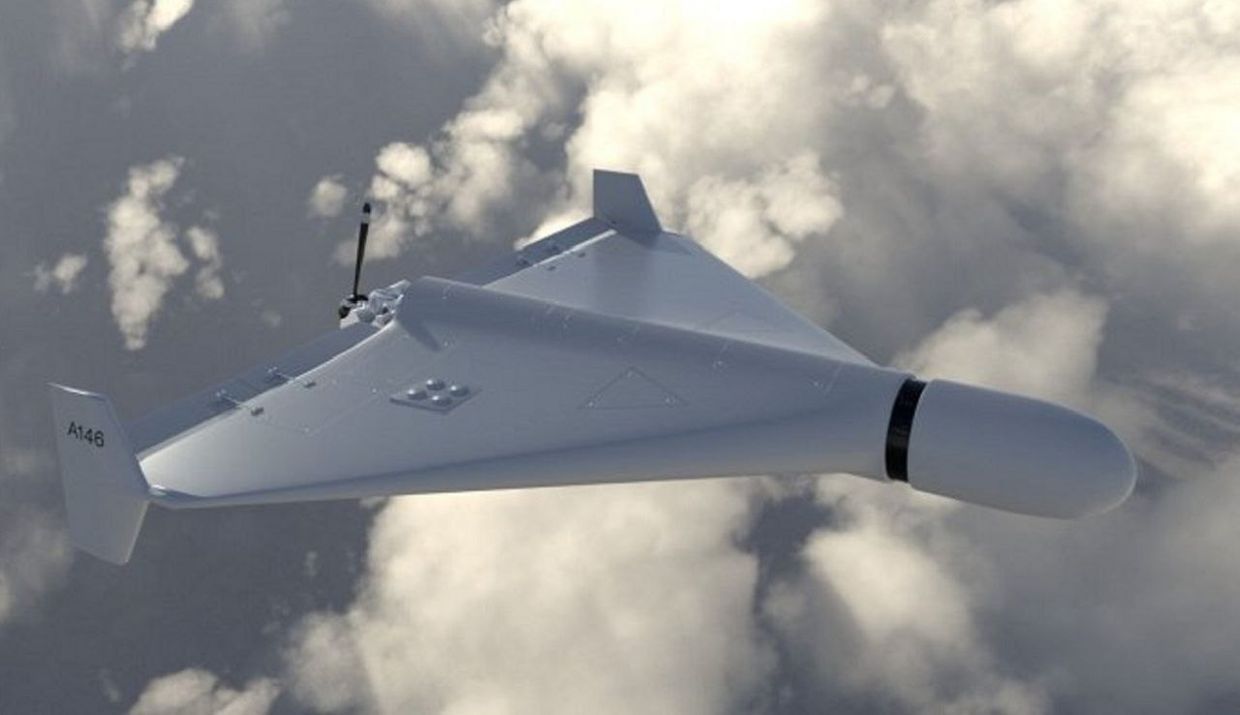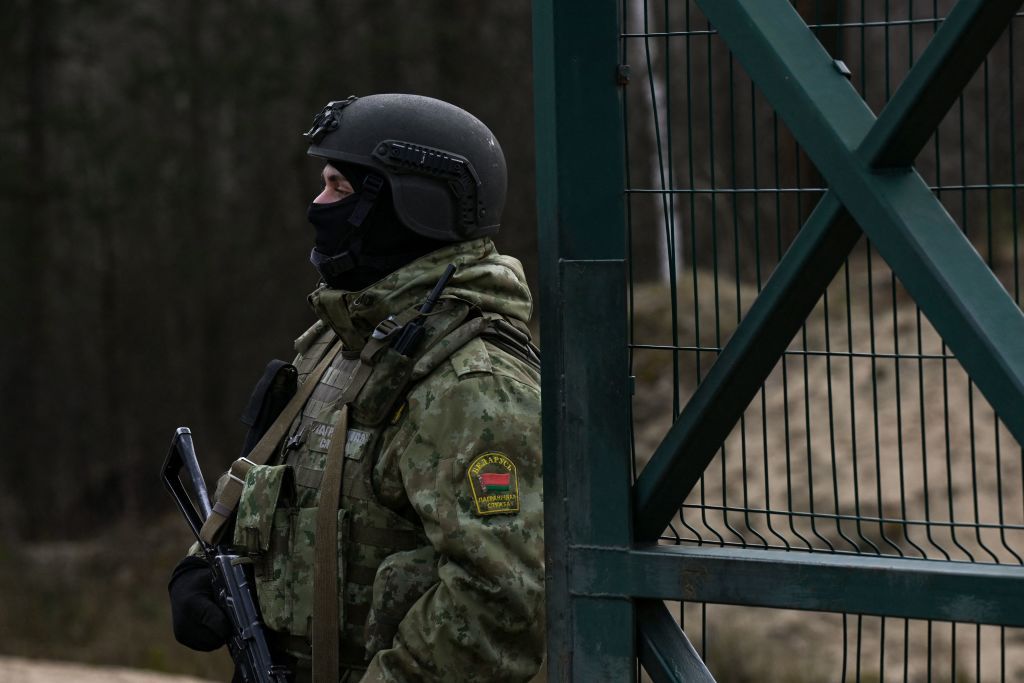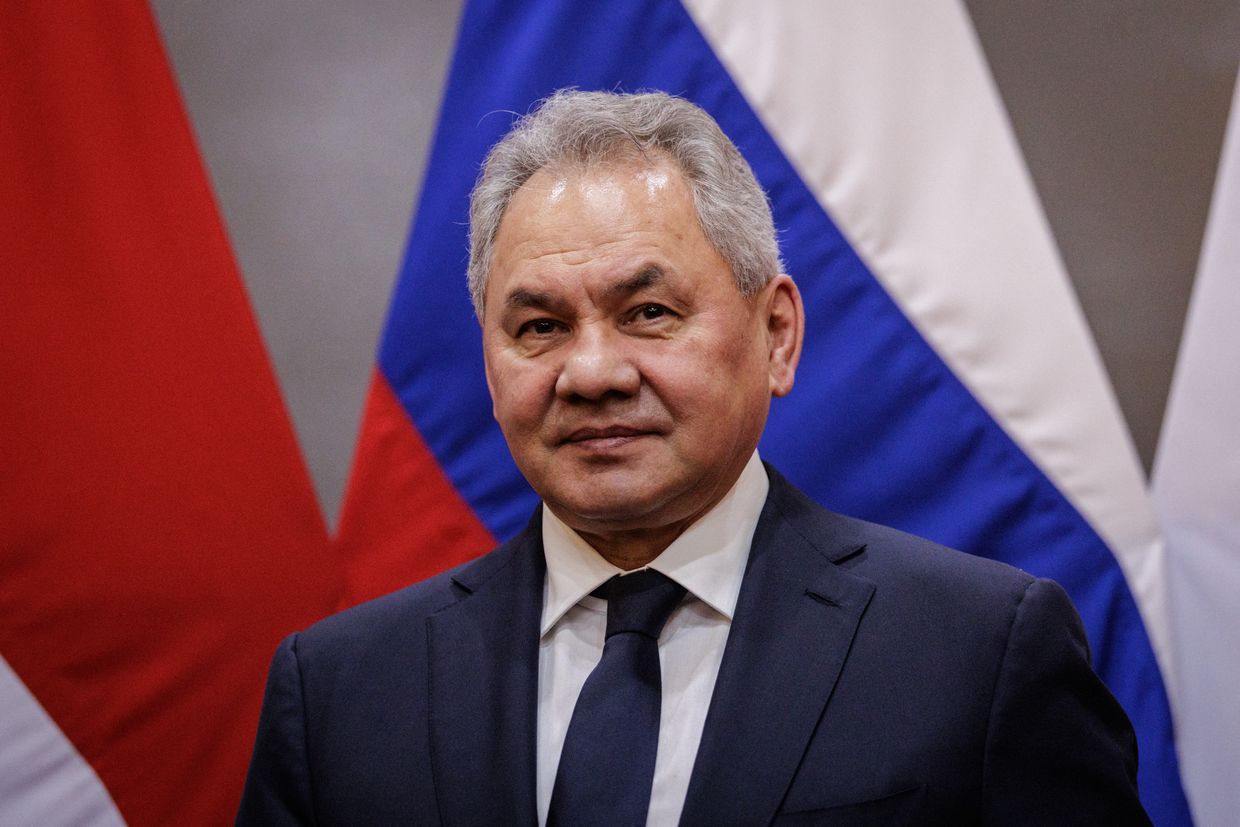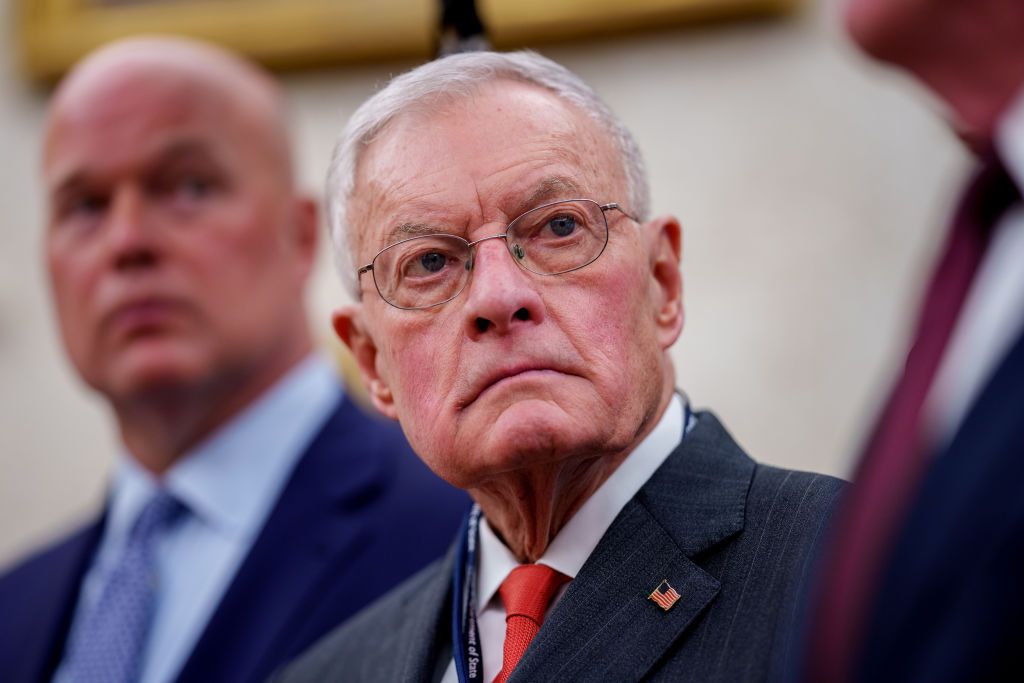Belarusian dictator Alexander Lukashenko claimed on July 13 that he was ordering the withdrawal of troops from the border with Ukraine, Belarusian state-owned news agency Belta reported.
Minsk reinforced security at the border in late June after a series of alleged "security incidents." Colonel Vadim Lukashevich, a high-ranking Belarusian military official, accused Ukraine of setting up explosives and military equipment near the border in preparation for assaults and terrorist attacks.
Lukashevich didn't provide evidence and the Kyiv Independent could not verify the claims.
During a meeting in Luninets, Brest Oblast, Lukashenko said that the situation had stabilized and that Ukraine had withdrawn its troops. The Belarusian troops will be relocated to their permanent deployment positions, he said.
“We are not going to fight and are not going to concentrate our armed forces here, except for special operations forces,” Lukashenko added.
However, he warned of potential threats from the western direction, claiming that Belarus is being provoked into entering the war and should be ready.
Belarus is Russia’s closest ally and hosts Russian troops and missiles. However, the Belarusian army is not directly involved in the invasion of Ukraine.
The Ukrainian Security and Defense Council's Center for Countering Disinformation said in May that it predicted the launch of a new Russian psychological operation about the opening of a new front in the north of Ukraine near the Belarusian border, aimed at "stirring up mass panic" in Ukrainian society.
"We expect a series of provocative statements by the top leadership of Russia and Belarus threatening Ukraine soon," the statement said.
Currently, Belarus is hosting joint training exercises with Chinese soldiers, billed as “anti-terrorist training.” They began on July 8 and will finish on July 19.
This follows Belarus’ accession to the Shanghai Cooperation Organization, a Eurasian political, economic, and defense organization led by China and Russia.














